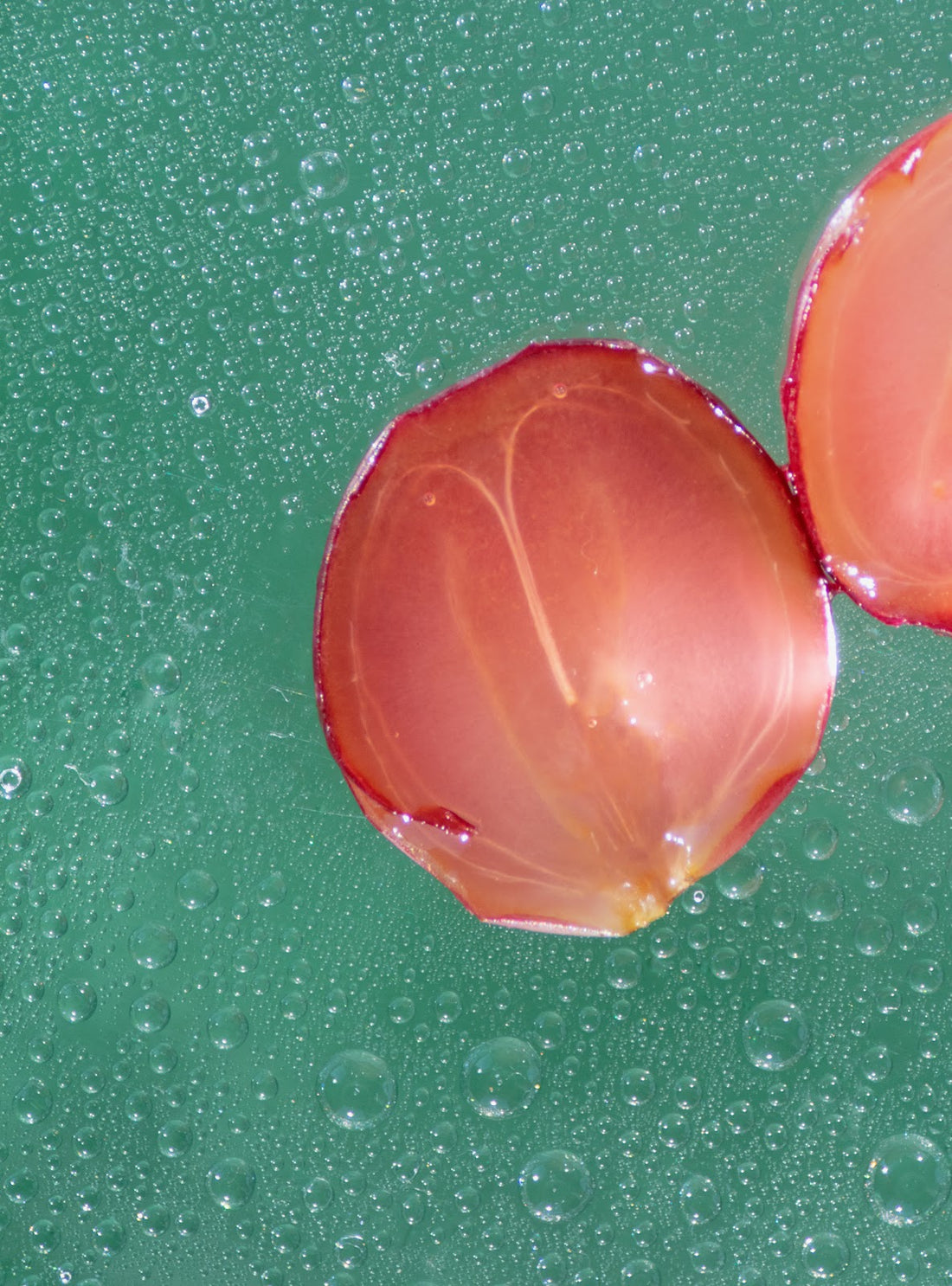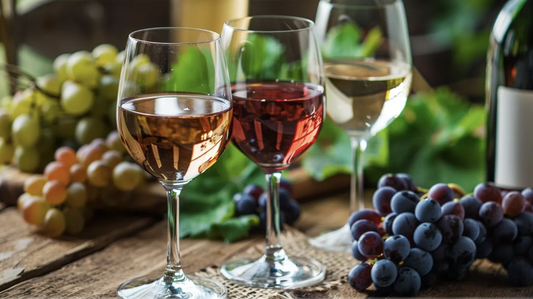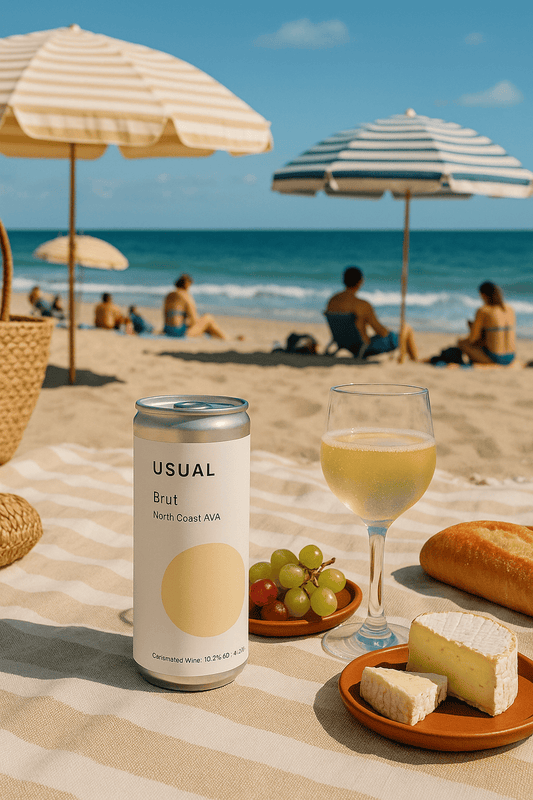
What is Biodynamic Wine? Insights into Biodynamic Grapes and Winemaking
McKenzie HaganAs interest in natural, organic, sustainable, and chemical-free living continues to grow, it's no surprise that wine is part of this trend. While wine terms like "natural" and "organic" have been popular buzzwords in recent years, there's one term that still eludes the mainstream: biodynamic. You may have seen it on the occasional wine label or heard someone talking about it at your friend's wine tasting party, but chances are you're still not sure what it means.
In this guide to biodynamic wine, we'll decipher the basics of this esoteric-sounding wine as well as some nitty-gritty details that might make you scratch your head before grabbing a bottle. We'll also compare it to organic wine and natural wine and offer the bottom line on whether this type of wine is better for you — and the planet.
What Is Biodynamics?

According to the Biodynamic Association, a United States-based educational and research nonprofit, biodynamics is a "holistic, ecological, and ethical approach to farming, gardening, food, and nutrition."
The concept of biodynamics was created by Rudolf Steiner, an early 20th-century Austrian philosopher, author, and founder of anthroposophy, which is a spiritual philosophy for understanding the world. Fun fact: Steiner's philosophy also established the Waldorf school system and anthroposophic medicine.
Using some of the tenets of anthroposophy, biodynamic agriculture (including biodynamic viticulture) views the farm and vineyard as a self-contained ecosystem that can achieve both physical and spiritual harmony between the farmer, vine, soil, and cosmos.
Biodynamic wine is made without any chemical fertilizers, pesticides, herbicides, or other synthetic ingredients, which is why it often gets bundled up with organic wine. However, biodynamic winemaking is deeper (and yes, maybe even a little weirder) in many ways. Here are several biodynamic principles that begin well before the winemaking process.
Spiritual Approach
As mentioned, all biodynamic practices are rooted in Steiner's spiritual philosophy. This holistic approach informs how, when, where, and why a crop is planted. Whether it's biodynamically grown grapes, vegetables, or flowers, the goal is to create a healthy and sustainable product that contributes to (rather than depletes) the earth's natural resources.
Biodynamic Calendar
Also known as the planting calendar, the biodynamic calendar follows the moon phases through the zodiac to help winegrowers determine the best times for planting, watering, harvesting, and resting. Each day also coincides with one of the four elements of nature — earth, water, fire, and air.
- Root Days: These "earth" days are best for planting, replanting, and pruning
- Leaf Days: These "water" days are ideal for watering crops
- Fruit Days: These "fire" days are for harvesting grapes
- Flower Days: These "air" days are when to leave the vineyard alone
Curiously enough, the biodynamic calendar isn't just a guide for tending to the vineyard — you can even use it to determine the best days for drinking wine. So, before opening that bottle of Chardonnay or Pinot Noir, you might want to find out if you should wait for a full moon, crescent moon, or once in a blue moon!
Biodynamic Preparations
Biodynamic preparations include field sprays (made from natural herbs and minerals), composting, and companion planting (i.e., planting specific crops next to each other for desired outcomes). One of the more (in)famous biodynamic techniques involves putting manure inside cow horns, burying them in the vineyard during specific months, and digging them up at a later season. As the Biodynamic Association asserts, biodynamic spray and compost preparations "bring plants into a dynamic relationship with soil, water, air, warmth, and cosmos to help them develop in a healthy and balanced way."
Biodynamic Wine vs. Organic Wine
An easy way to think about biodynamic wine is "organic plus." (The plus part is the spiritual component, of course.) Much like organic wine, biodynamic wine is made without any artificial ingredients, including coloring and flavoring agents. Biodynamic farming also forgoes (or significantly limits) practices such as irrigation and tilling.
In general, organic wine refers to wine that was made from organically grown grapes. There are some distinctions within organic wine labeling — those labeled "made with organic grapes" can include added sulfites but wines that are "certified organic" cannot. For more details, don’t miss our guide on organic wine.
While the USDA offers certification for organic wine, there are two entities that offer biodynamic certification. The most widely known is Demeter (there is both an international and U.S.-based branch), which was founded in 1928 and became the first eco-label for organically grown foods. There's also Biodyvin, which certifies 100 European wineries. If you want to make sure your wine is biodynamic, it must have one of these certifications on the label.
Biodynamic Wine vs. Natural Wine
When comparing biodynamic wine to natural wine, it's important to remember that one term is not regulated like the other. While you can simply look at a label to determine if a wine is verified as biodynamic, there is no such certification for natural wine.
The FDA asserts that "natural" indicates nothing artificial or synthetic has been added, but there is no legal definition for labeling food (and wine). As such, beware that winemakers are on the honor system when it comes to natural wine, so only buy from brands you trust.
Does Biodynamic Wine Have Sulfites?
Wine without sulfites doesn’t exist since these compounds are a natural byproduct of the fermentation process. The main concern is whether or not sulfites are naturally occurring or chemically created.
Sulfites aren't altogether bad. They can preserve a wine's shelf life, color, taste, and freshness. These little compounds are measured in parts per million (ppm). Here's the breakdown:
- Conventional wine: Up to 350 ppm
- “Made with organic grapes" wine: Up to 100 ppm
- Biodynamic wine: Up to 100 ppm
- Certified organic wine: Up to 10 ppm (in other words, only naturally occurring sulfites)
While there's a common assumption that sulfites are to blame for everything from headaches to hangovers, studies show that tannins and level of alcohol are much more likely to cause unwanted reactions. And don't forget that unlike organic or biodynamic producers, commercial winemakers use dozens of undisclosed ingredients that could cause side effects.
Is Biodynamic Wine Better for You?
In a word, yes. Grapes that are grown biodynamically don't have any of the artificial additives or 60-plus ingredients used in conventional wine, thereby reducing your exposure to these questionable (and often hidden) ingredients.
Raise a Toast to the Moon, Stars, and Your Wine

Whether it's your bath soap or that bottle of Burgundy, chances are you want greater transparency about what's in your food, drinks, and everyday products. Although you may have never heard of Rudolph Steiner until now, there's a good chance you'll start hearing his name more often as biodynamic wine continues to trend.
While biodynamic wine generally doesn't taste any different than other wines, some say that it offers the truest expression of terroir because of the extreme thoughtfulness and painstaking methods taken on the journey from grape to glass. So, give it a try. At the very least you'll have a good story to tell.








